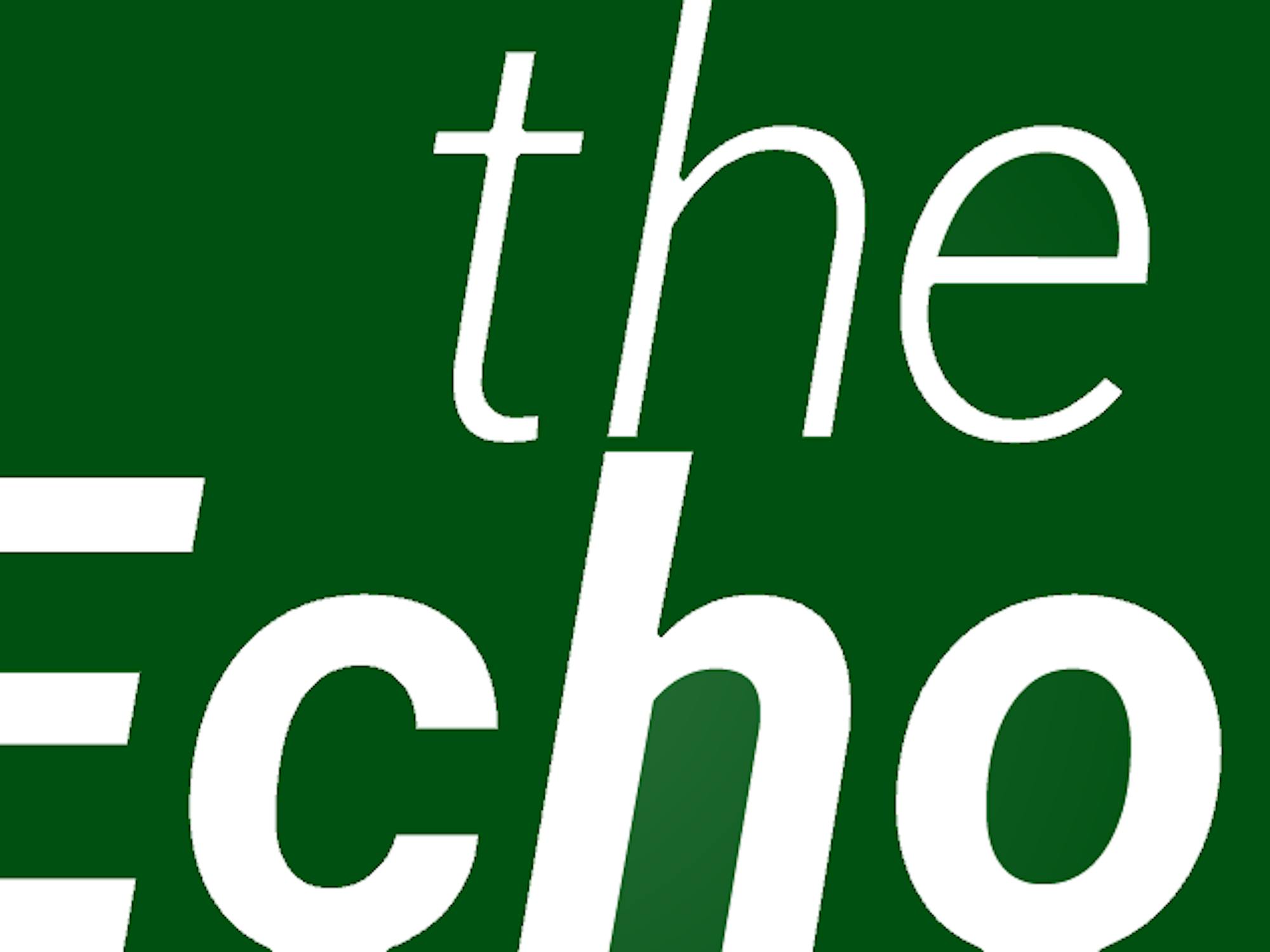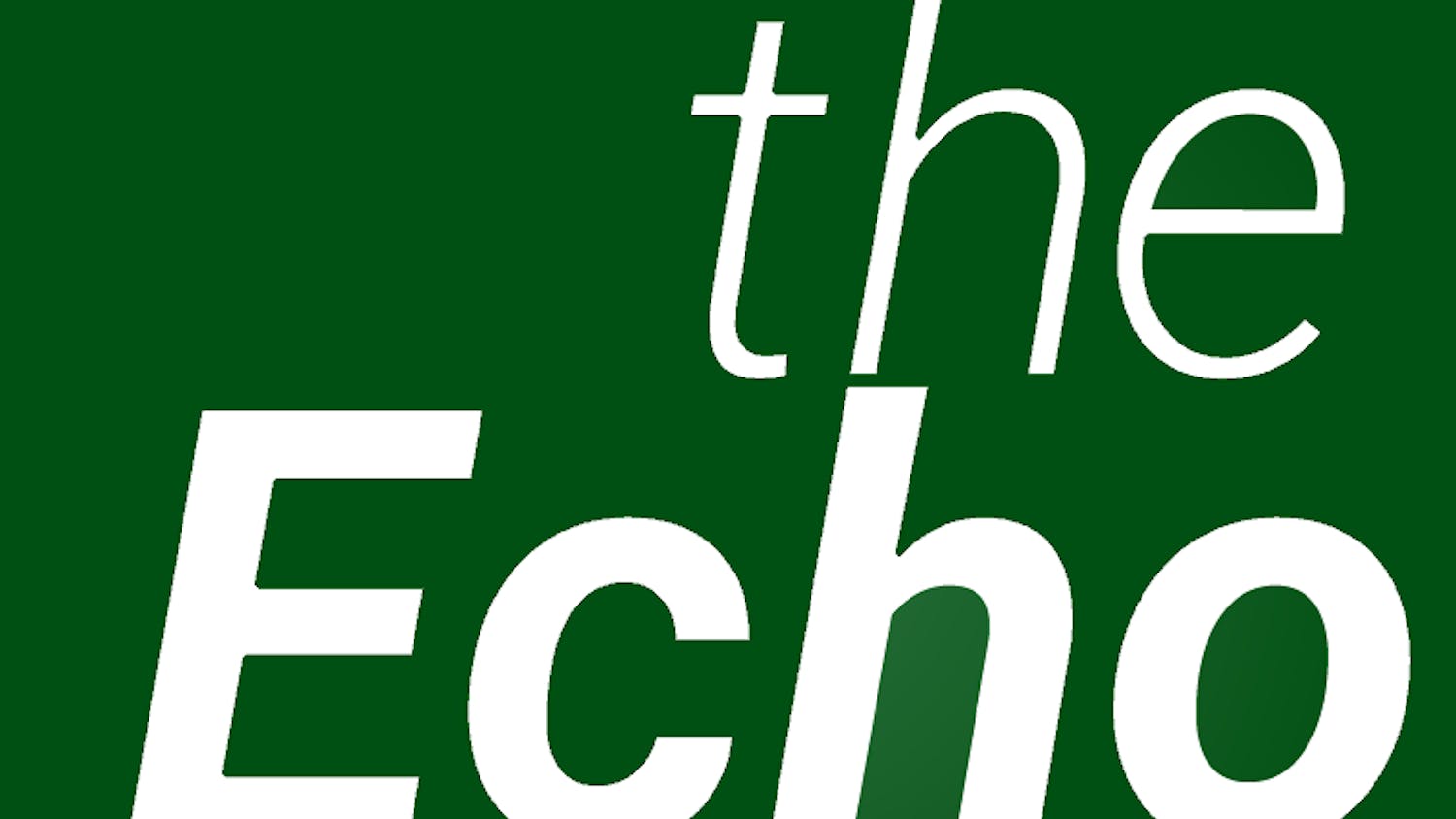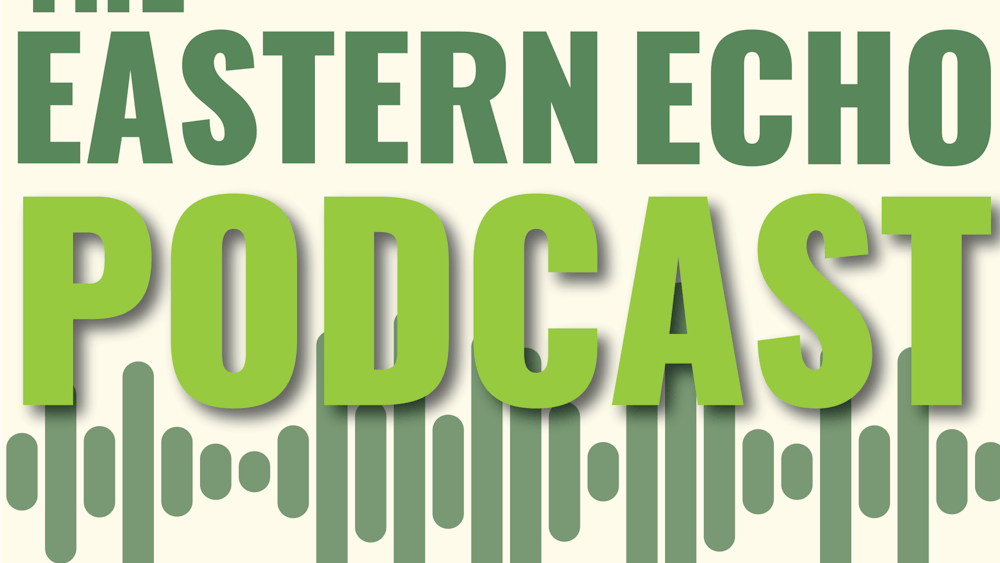When I was 16, my grandparents were in the early throes of Alzheimer’s disease. My family and I decided it’d be best that they move in with us, so we could give them the support they needed. While I originally considered studying nutrition in college, after being a caregiver for my grandparents, I decided to pursue nursing for my undergraduate degree. While in school, I also worked formally in residential long-term care, first as an aide, and then as a nurse case manager after graduating. My primary role was helping cognitively impaired adults navigate their healthcare and facilitating access to needed services.
Between these roles, I’ve seen my fair share of chronic disease and the anguish left in its wake. Caring for my grandparents was a labor of love that I will never regret; however, it was certainly painful to watch as my loved ones slowly deteriorated. They had already become ghosts of their former selves several years before their passing. As for the patients I advocated for in my nursing position, they were faced with a truly staggering amount of appointments, polypharmacy, medical bills, health scares, and other drastic or invasive treatments - the cumulative effects of chronic disease were far reaching and put so many limitations on their independence and quality of life. My heart went out to them, and I mused over what could be done to mitigate the trouble they go through.
This led to my interest in medicine that relates to chronic disease prevention, rather than treatment after the fact. As a nurse, you learn to budget your time and be proactive to optimize patient care as efficiently as possible. I would think, “What can I do right now to make sure this person’s needs are addressed for the day? The week? The month? The year?” or “What can I do to prevent an issue down the road?”. When looking at chronic disease proactively rather than reactively, one finds that prevention is the best medicine.
Throughout my nursing career, my interest in nutrition never waned. With time I realized that nutrition is arguably the most critical and fundamental means of health promotion at our disposal. It is essentially the only health promotion activity that everyone must engage in every day – Even though it’s recommended, we don’t all have to go to the doctor, exercise, wear a seatbelt, etc., but we all have to eat. Every bite is an opportunity to either support or hinder our health.
What’s more, virtually all our leading causes of death (heart disease, cancer, diabetes, and yes, even Alzheimer’s disease) are influenced if not preventable through the diet. If greater emphasis were placed on proper nutrition in our food and healthcare systems, we’d have the potential to assuage a great deal of avoidable grief, as well as significant medical cost and human effort. Roughly 90% of the U.S.’s annual $3.5 trillion healthcare expenditure is spent treating (preventable) chronic conditions, suggesting inefficiency and room for improvement in our healthcare and food system priorities.
This is what led me to return to school pursuing a master’s degree in dietetics: I have come to appreciate that prevention is the best medicine, and that nutrition is the most important means of preventive healthcare. As college students, or anyone else in the spirit of proactivity, the time to make a change is now - for those seeking a happy, healthy, active future, it starts with a happier, healthier present.
If you're wondering where to get started, Registered Dietitians are just a call or email away at Eagle Nutrition Services on EMU’s campus. They have the skills and knowledge to help you reach your health goals through individualized nutrition counseling. To learn more, check out the ENS website at: emich.edu/chhs/hs/ens
Luke Platt, RN BSN
MS Dietetics Student
The Eastern Echo accepts letters from readers in the Eastern Michigan University and Ypsilanti area communities, with a goal of encouraging civil discourse. Letters must be about topics of interest to the community, and not more than 300 words in length. Letters that violate community standards, make personal attacks or fail to address issues of public concern will not be published. The Eastern Echo reserves the right to edit all letters and decline any submission.










